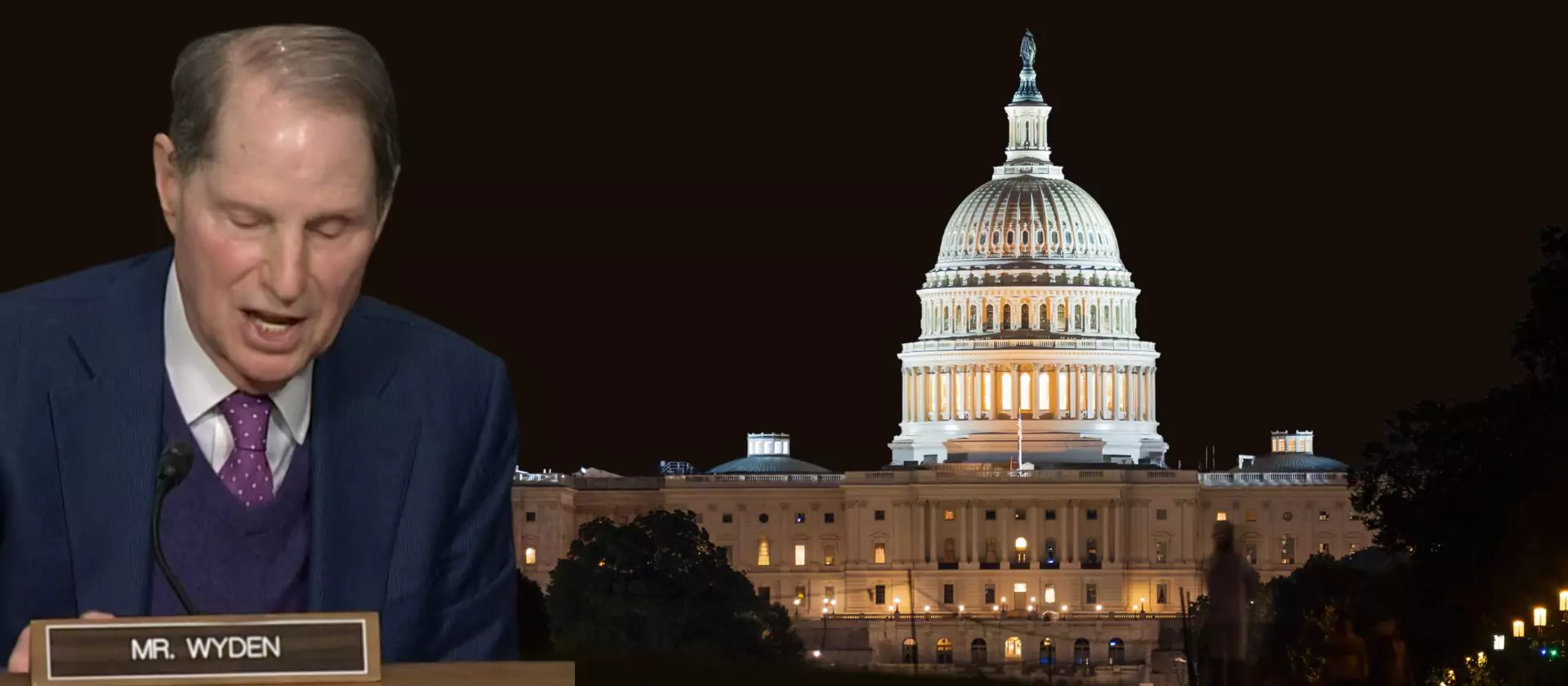Chair Meek, Vice-Chair McLane, and Members of the Committee,
My name is Daniel Hauser, Deputy Director for the Oregon Center for Public Policy, and I respectfully submit this testimony in support of SB 121 on behalf of the Center. The Oregon Center for Public Policy is a nonpartisan think tank that uses research and analysis to improve the economic outcomes for all Oregonians, especially for those struggling to make ends meet.
Oregon’s Earned Income Tax Credit (EITC) is scheduled to sunset without legislative action. We support SB 121 to ensure the EITC continues to stabilize the finances of working families. Moreover, the renewal of the credit is also an opportunity to strengthen it so it works better for Oregonians. I urge you to amend SB 121 to include improvements to the credits as set forth in HB 2958, a bill heard recently in the House Revenue Committee.
The EITC is one of the most effective ways to address rising costs for hard-working families in Oregon. The state EITC helps more than 200,000 working families make ends meet all across Oregon, delivering up to about $900 per family. The federal EITC lifts about 68,000 Oregonians, including 34,000 children, out of poverty. The Oregon EITC, which is currently an additional 9 percent on top of the federal EITC, or 12 percent if you have a child under 3, lifts even more families and children out of poverty.
The benefits from the EITC are legion: It helps the local economy by putting cash in the pockets of working families who then spend it locally on necessities; it disproportionately helps rural families and people of color; and it even reduces long-term costs to the state by improving child well-being, enhancing educational outcomes, and more. The return on investment of the EITC has been estimated at between $1.40 and $1.58 per dollar invested.
As good as the policy is, there is significant room to improve Oregon’s EITC. Among all states that offer an Earned Income Tax Credit, Oregon’s is one of the smallest. States as varied as Massachusetts, New Mexico, Ohio, and Utah have larger EITCs than Oregon.[i] Also, current policy leaves out some workers who are getting by on low wages simply due to their age, even though they too have bills to pay.
I want to outline some of the ways SB 121 could be improved by aligning it with what’s in HB 2958:
Increase the match percent: Oregon’s EITC match of the federal EITC would increase from 9 percent to 20 percent as a baseline, and from 12 percent to 25 percent if you have a child under 3. This is where the vast majority of the cost comes from – but every dollar of that increase goes directly to working families. Consider a family making $30,000 per year with three children, including a two year-old. They would currently receive about $840. Under HB 2598, they would get $1,750.
Include all childless adults: The federal EITC omits workers without kids who are under 25 or over 65. HB 2958 fixes this failure by ensuring anyone over 18, who is otherwise eligible, can get the EITC. Someone who is 23 or 68 and works in a low-wage job should not be excluded just because they do not have a dependent child.
Improve program design: The newly created Oregon Kids’ Credit included two best practices in tax credit design the EITC should replicate. First, HB 2958 would protect the EITC from garnishment, ensuring the credit helps meet the basic needs of families. Second, HB 2958 would send the benefits out quarterly, rather than annually, as soon as federal regulation allows it.
I encourage you to review the record from a recent public hearing on HB 2958, where many Oregonians shared their stories and explained what a stronger EITC would mean for them.
We can’t let the EITC sunset, but also shouldn’t let the opportunity to strengthen it and help more hardworking families make ends meet pass us by. It is a smart, evidence-based policy that will reduce poverty and strengthen Oregon’s economy. Please send SB 121 to the Joint Committee on Tax Expenditures with a “do pass” recommendation. Then we can work on expanding the EITC as noted above and in HB 2958.
[i] Institute on Taxation and Economic Policy, State Earned Income Tax Credits in 2025, available at https://sfo2.digitaloceanspaces.com/itep/APPENDIX-State-Earned-Income-Tax-Credits-in-2025.pdf.





